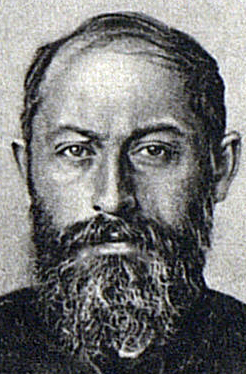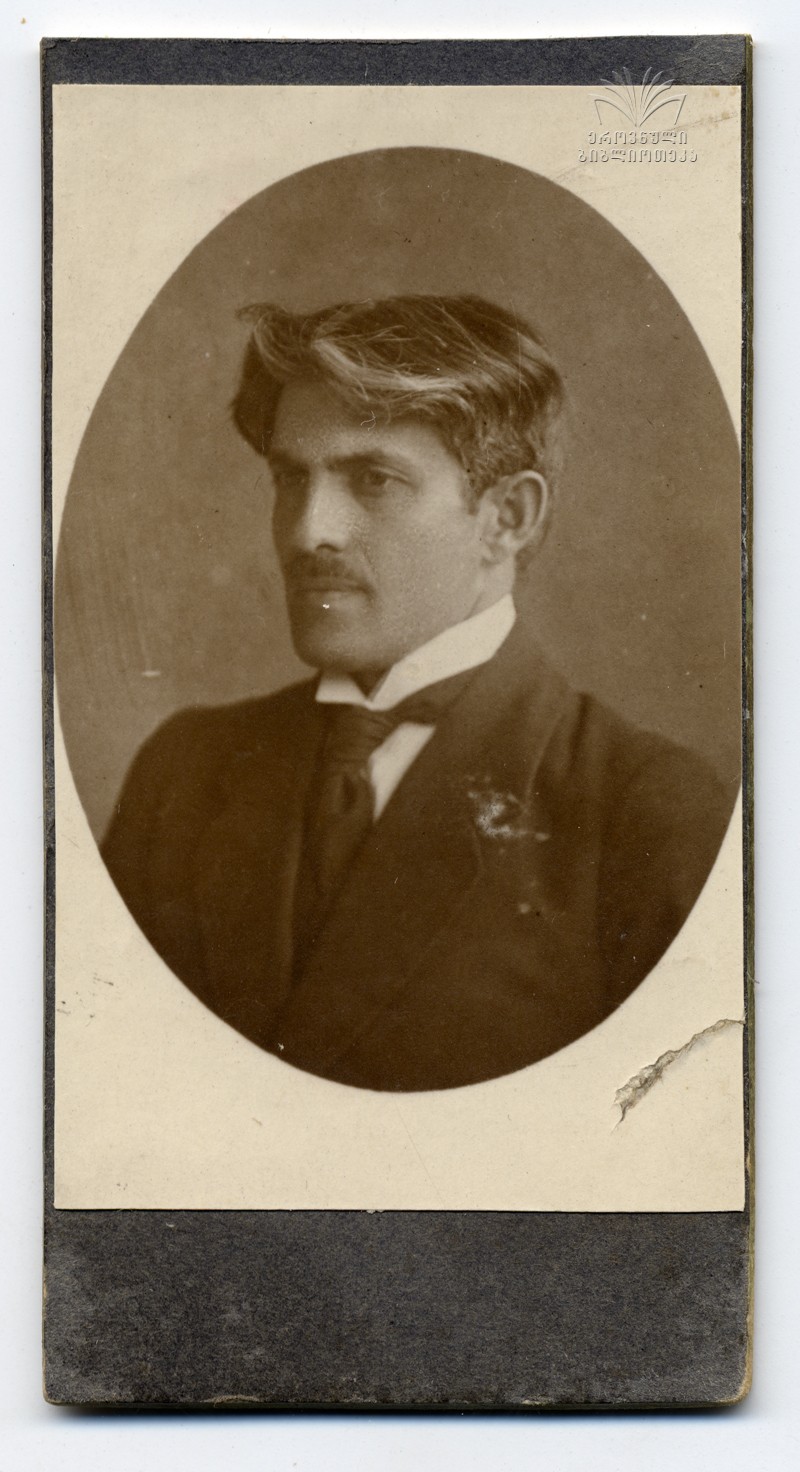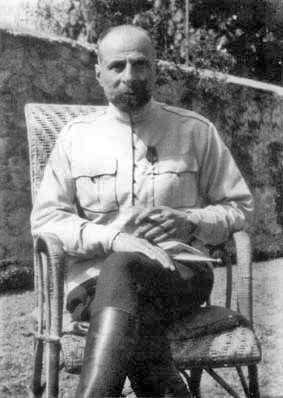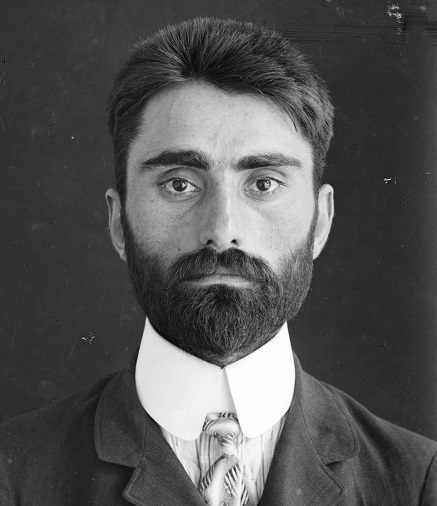|
Georgians In France
There were fewer than 2,000 ethnic Georgians in France from 1922 to 1939 but around 10,000 (500 students, 2,000 asylum refugees and 8,000 legal residents) at the end of 2013. in 2017 more of 14,500 Georgians in France. Notable people People associated with the Democratic Republic of Georgia (1918–1921) *Razhden Arsenidze (1880–1965), minister *Nikolay Chkheidze (1864–1926), president of Parliament *Akaki Chkhenkeli (1874–1959), minister *Benia Chkhikvishvili (1881–1924), politician *Kakutsa Cholokashvili (1888–1930), colonel *Revaz Gabashvili (1882–1969), writer and politician *Evgeni Gegechkori (1881–1954), minister *Giorgi Gvazava (1869–1941), politician *Valiko Jugheli (1887–1924), politician *Noe Khomeriki (1883–1924), minister *Giorgi Kvinitadze (1874–1970), military commander *Vlasa Mgeladze (1868–1943), politician *:fr:Samson Pirtskhalava, Samson Pirtskhalava (1972–1952), vice-president of Parliament *Noe Ramishvili (1881–1930), pr ... [...More Info...] [...Related Items...] OR: [Wikipedia] [Google] [Baidu] |
Paris
Paris () is the capital and most populous city of France, with an estimated population of 2,165,423 residents in 2019 in an area of more than 105 km² (41 sq mi), making it the 30th most densely populated city in the world in 2020. Since the 17th century, Paris has been one of the world's major centres of finance, diplomacy, commerce, fashion, gastronomy, and science. For its leading role in the arts and sciences, as well as its very early system of street lighting, in the 19th century it became known as "the City of Light". Like London, prior to the Second World War, it was also sometimes called the capital of the world. The City of Paris is the centre of the Île-de-France region, or Paris Region, with an estimated population of 12,262,544 in 2019, or about 19% of the population of France, making the region France's primate city. The Paris Region had a GDP of €739 billion ($743 billion) in 2019, which is the highest in Europe. According to the Economist Intelli ... [...More Info...] [...Related Items...] OR: [Wikipedia] [Google] [Baidu] |
Revaz Gabashvili
Revaz Gabashvili ( ka, რევაზ გაბაშვილი; November 6, 1882 – 1969) was a Georgian politician and writer involved in the independence movement and revolutionary journalism in the early 20th century. Gabashvili was born of a noble family in Tiflis (Tbilisi). His mother was the popular writer Ekaterine Gabashvili. He abandoned his studies at the Montefiore Institute in Liège, Belgium, in 1905 to return to Georgia and take part in the revolution against the Russian rule. Briefly fleeing police persecution to Paris, he returned in 1907 and enrolled in the University of St. Petersburg, from where he was excluded on charges of being involved in students’ disorders in 1910. On his return to Georgia, Gabashvili engaged in opposition journalism; he founded and edited the newspaper ''klde'' (კლდე; "Rock"). A group of Georgians collaborating with ''klde'' formed the nucleus around which the Georgian National Democratic Party organized. The party held its f ... [...More Info...] [...Related Items...] OR: [Wikipedia] [Google] [Baidu] |
Noe Zhordania
Noe Zhordania ( ka, ნოე ჟორდანია /nɔɛ ʒɔrdɑniɑ/; russian: Ной Никола́евич Жорда́ния; born (or ) — January 11, 1953) was a Georgian journalist and Menshevik politician. He played an eminent role in the socialist revolutionary movement in the Russian Empire, and later chaired the government of the Democratic Republic of Georgia from July 24, 1918 until March 18, 1921, when the Bolshevik Russian Red Army invasion of Georgia forced him into exile to France. There Zhordania led the government-in-exile until his death in 1953. Biography Early life and background Zhordania was born on , to a petty landowner family living in the village of Lanchkhuti in Guria, western Georgia, then part of the Kutais Governorate of Imperial Russia.Zhorda ... [...More Info...] [...Related Items...] OR: [Wikipedia] [Google] [Baidu] |
Grigol Uratadze
Grigol "Grisha" Uratadze ( ka, გრიგოლ "გრიშა" ურატაძე) (10 February 1878 – 12 February 1959) was a Georgian Social Democratic politician, diplomat and author. His name is also spelled Grégoire Ouratadze in a French manner. Uratadze was born in Atsana in the Ozurget Uyezd (modern Guria). In 1912, Uratadze, together with Vlasa Mgeladze, was part of the Georgian delegation to Vienna, where Leon Trotsky organized his short-lived union of social democratic factions as an alternative to Lenin's narrow notion of party unity. Suny, Ronald Grigor (1994), ''The Making of the Georgian Nation'', p. 176. Indiana University Press, . A close associate of Noe Zhordania, he figured prominently in the development of Menshevism in Georgia and took an active part in the establishment of an independent republic of Georgia in 1918. As a Georgian plenipotentiary in Moscow, he signed a 7 May 7, 1920 treaty with Soviet Russia in which Georgia's independence w ... [...More Info...] [...Related Items...] OR: [Wikipedia] [Google] [Baidu] |
Mikheil Tsereteli
Prince Mikheil "Mikhako" G. Tsereteli also known as Michael von Zereteli ( ka, მიხეილ "მიხაკო" წერეთელი) (December 23, 1878 – March 2, 1965) was a Georgian prince, historian, philologist, sociologist and public benefactor. He was born in 1878, in a village Tskhrukveti (Imereti region of Western Georgia). His father was Prince Giorgi Tsereteli. His brother Vasil Tsereteli (1862-1938) was a famous Georgian physician, writer and public benefactor. In 1911 Mikheil Tsereteli graduated from Heidelberg University (Germany), and received a PhD degree in history in 1913. From 1914 to 1918, he was associate professor at Berlin University and Chairman of the Committee of Independent Georgia. In 1916 Tsereteli was a representative of Georgia in the Union of Nations in Lausanne, and in 1918-1919 Ambassador of the Democratic Republic of Georgia (DRG) in Sweden and Norway. From 1919 to 1921, Tsereteli was a Professor of the Tbilisi State Universit ... [...More Info...] [...Related Items...] OR: [Wikipedia] [Google] [Baidu] |
Irakli Tsereteli
Irakli Tsereteli, ' russian: link=no, Ира́клий Гео́ргиевич Церете́ли, ' ( – 20 May 1959) was a Georgian politician and a leading spokesman of the Social Democratic Party of Georgia and later Russian Social Democratic Labour Party (RSDLP) during the era of the Russian Revolutions. Tsereteli was born and raised in Georgia when it was part of the Russian Empire. A member of the Menshevik faction of the RSDLP, Tsereteli was elected to the Duma in 1907, where he gained fame for his oratory abilities. Shortly after entering the Duma, Tsereteli was arrested and charged with conspiracy to overthrow the Tsarist government, and exiled to Siberia. A dedicated Social Democrat who believed in the Menshevik ideology, Tsereteli was one of the leading figures of the movement in Russia. In 1915, during his Siberian exile, Tsereteli formed what would become known as Siberian Zimmerwaldism, which advocated for the role of the Second International in ending the war. He ... [...More Info...] [...Related Items...] OR: [Wikipedia] [Google] [Baidu] |
Ekvtime Takaishvili
Ekvtime Takaishvili (also spelled Taqaishvili) () (January 5, 1862 – February 21, 1953) was a Georgian historian, archaeologist and public benefactor. Born in the village of Likhauri in the western Georgian province of Guria to a local nobleman Svimon Takaishvili, he graduated from St. Petersburg University in 1887. From 1887 to 1917, he lectured on the history of Georgia at various prestigious schools in Tbilisi, including the Tbilisi Gymnasium for Nobility. During these years, he was actively involved in extensive scholarly activities and chaired, from 1907 to 1921, the Society of History and Ethnography of Georgia. Between 1907 and 1910, he organized a series of archaeological expeditions to the historic Georgian region of Tao-Klarjeti (now part of Turkey). After the February Revolution, he engaged also in politics, taking part in the establishment of the National Democratic Party of Georgia in 1917 and being elected to a post of Deputy Chairman in the Constituent Assembly of ... [...More Info...] [...Related Items...] OR: [Wikipedia] [Google] [Baidu] |
Noe Ramishvili
Noe Besarionis dze Ramishvili ( ka, ნოე რამიშვილი; his name is also transliterated as ''Noah'' or ''Noi''; 5 April 1881 – 7 December 1930) was a Georgian politician and the president of the first government of the Democratic Republic of Georgia. He was one of the leaders of the Menshevik wing of the Russian Social Democratic Labour Party. He was also known by his party noms de guerre: ''Pyotr'', and ''Semyonov N''. He joined the Russian Social Democratic Labour Party in 1902 and soon became a prominent spokesman of the Mensheviks. Biography Early years Noe Besarionis dze Ramishvili was born into a peasant family. His father, Besarion Ramishvili, was a master of building wooden houses. In 1887 Noe enrolled in the village primary school. From 1890 to 1894 he studied at the Ozurgeti Theological Seminary. In 1894 he continued his studies at the Kutaisi Theological Seminary, where he became involved in the work of the students' social-democratic circles. ... [...More Info...] [...Related Items...] OR: [Wikipedia] [Google] [Baidu] |
Vlasa Mgeladze
Vlasa Mgeladze ( ka, ვლასა მგელაძე; russian: Власа Джарисманович Мгеладзе, ''Vlasa Dzharismanovich Mgeladze''), alias Tria (Russian: Триа) (1868 – 1943), was a Georgian social democratic revolutionary and a Bolshevik-turned-Menshevik also known as a participant of the Persian Constitutional Revolution, of which he wrote a valuable account. Biography Born into the Georgian noble Mgeladze family, Vlasa was an active participant of the Russian Revolution of 1905 and the Persian Constitutional Revolution. In 1910, he authored a special report “The Caucasian Social-Democrats in the Persian Revolution” which was sent to the 12th International Socialist Congress in Copenhagen at Lenin's urgent request. The report was published in 1910–1911 in Paris and then republished in 1925. His complete memoirs were published in Paris in 1974. In 1912, Mgeladze, together with Grigol Uratadze, was part of the Georgian delegation to Vi ... [...More Info...] [...Related Items...] OR: [Wikipedia] [Google] [Baidu] |
Giorgi Kvinitadze
Giorgi Kvinitadze ( ka, გიორგი კვინიტაძე; russian: Георгий Иванович Квинитадзе, ''Georgy Ivanovich Kvinitadze''; his real surname was House of Chikovani, Chikovani, ჩიქოვანი) (August 21, 1874 – August 7, 1970) was a Georgia (country), Georgian military commander who rose from an officer in the Imperial Russian army to Chief of General Staff of Georgian Armed Forces, commander-in-chief of the Democratic Republic of Georgia. After the Red Army invasion of Georgia, Kvinitadze went into exile to France, where he wrote his memoirs of the 1917–1921 events in Georgia. Biography Born into the family of a colonel of the Russian army in Tiflis or Dagestan, Kvinitadze entered the Tiflis Cadet Corps in 1884, and then continued his military education at St Constantine Infantry School, St Petersburg, which he graduated from in 1894, being commissioned as a poruchik, podpuruchik in the 153rd Vladikavkaz Infantry Regimen ... [...More Info...] [...Related Items...] OR: [Wikipedia] [Google] [Baidu] |
Noe Khomeriki
Noe Khomeriki ( ka, ნოე ხომერიკი) (1 January 1883 – 1 September 1924) was a Georgian politician involved in the Social Democrat movement who was arrested for anti-soviet activity and shot during an uprising against the Soviet state. Born in the province of Guria (then part of Kutais Governorate, Imperial Russia), he engaged in local peasant movement and was a member of the Georgian Social Democratic (Menshevik) Party. He played a prominent role in the 1903-06 Gurian Republic, the first social-democratic self-governing territory within the Russian Empire. After the Russian Revolution of 1917, Georgia became an independent democratic republic in 1918 and Khomeriki was elected to the Constituent Assembly of Georgia. He then assumed the position of Minister for Agriculture in the Georgian government. During his tenure, Khomeriki authored a successful land reform (January 1919), which redistributed the land as private property, retaining only forests, rivers ... [...More Info...] [...Related Items...] OR: [Wikipedia] [Google] [Baidu] |








